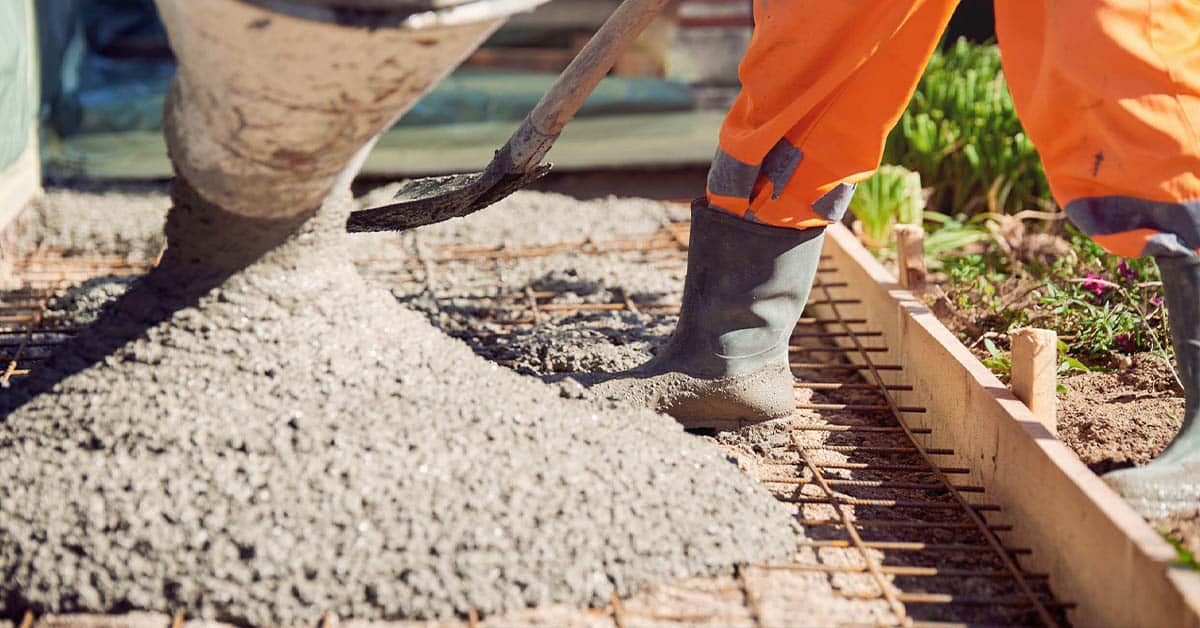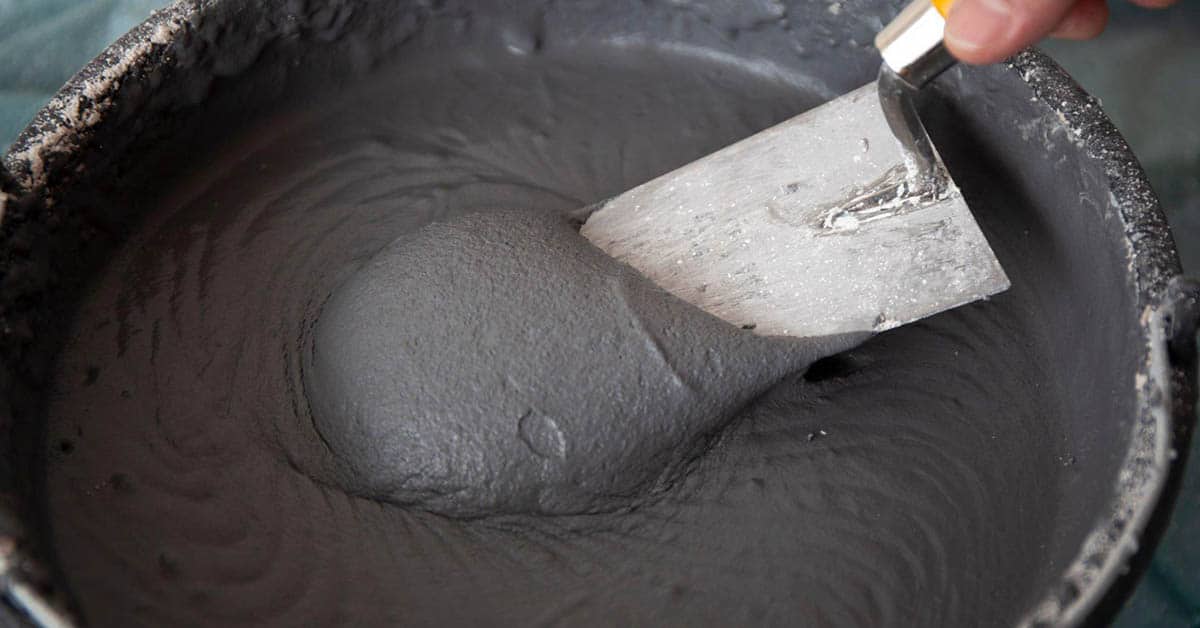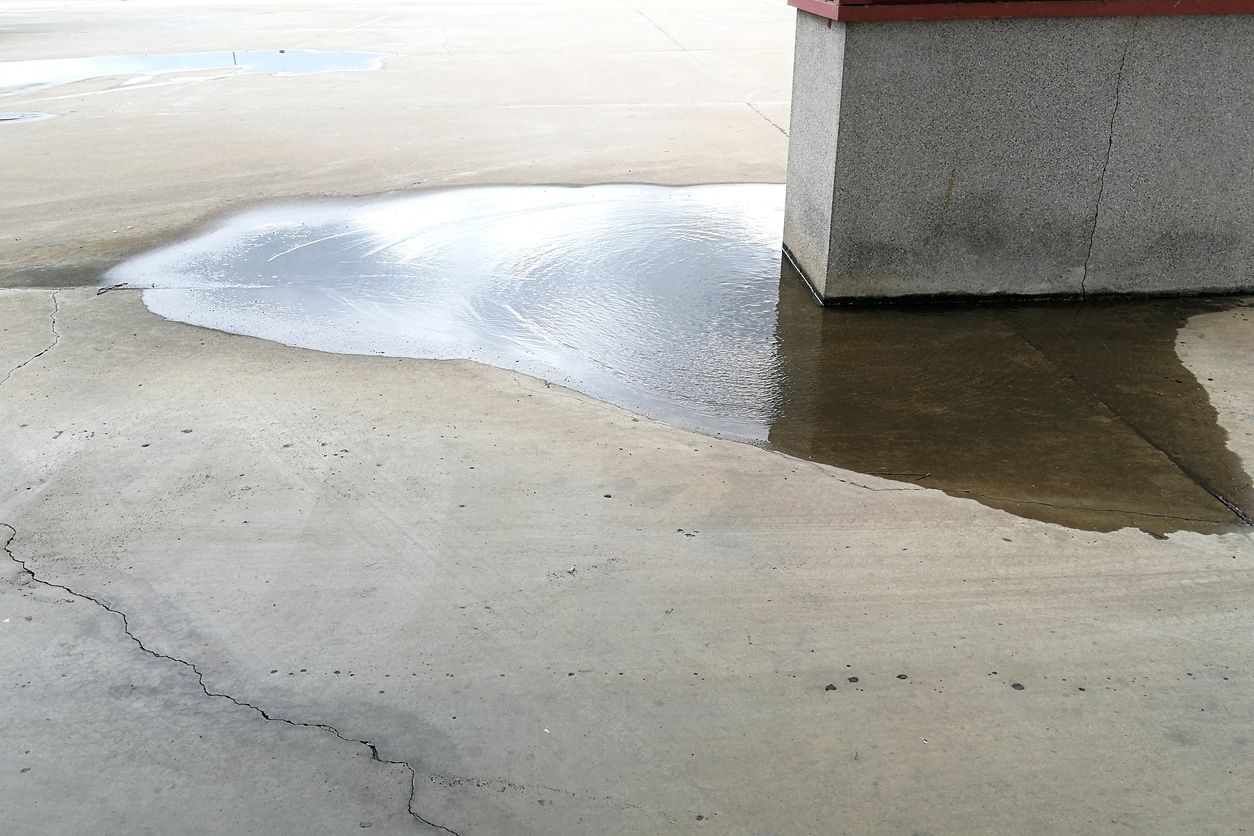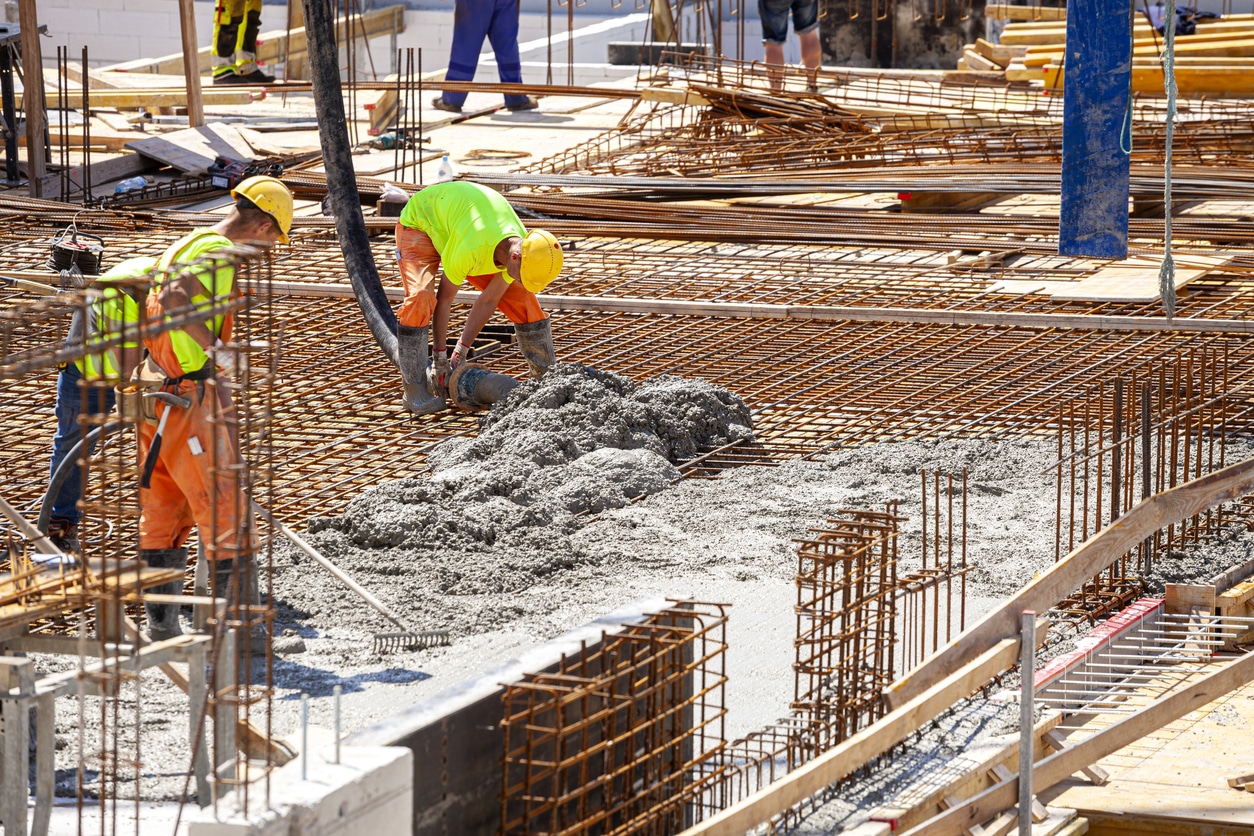Truck parking lots for commercial use must accommodate heavy loads and larger vehicles. Additionally, mixed-use…

Factors that Impact Concrete Strength
As one of the most durable building materials, concrete is also easily one of the most widespread minerals in the U.S. Namely, in 2021, according to Statista the production of concrete reached 92 million metric tons! As part of many building projects, concrete is also widely used for roads, sidewalks, driveways, and so on.
The most important thing when using concrete is to bear several considerations in mind to get the most out of the material. Concrete strength depends on several key factors, like the quality of the raw material, the curing, and so on.
Keep reading as we reveal the aspects of concrete that affect its strength, the process of setting, and the final product you’ll eventually use.
The Quality of the Raw Materials
To get concrete as a final product to use on sidewalks, roads, and so on, first, you would have to use different raw materials that comprise the concrete. Concrete is made of water, cement, sand, and coarse aggregate, so to get a quality end product, each of the components has to be of good quality.
The properties of these components influence the strength of the concrete you’d use. Moreover, when it comes to cement, its quality must be tested before merging with the other components to make concrete. Other than the cement, the aggregate is also crucial for the overall quality of the concrete.
There are a few different types of aggregate on the market: natural aggregate (sand/gravel), recycled aggregate (made of smashed concrete), and crushed rock aggregate, which is typically made of excavated or extracted rocks. To make concrete of the highest strength, professionals advise using recycled aggregate or crushed rocks.
The Aggregate, Cement, and Water Balance

The ratio between the concrete components plays a huge role in the strength of the concrete as a final product. If not properly balanced, these components can make the concrete product too weak or too strong.
Different building projects require different concrete strengths, which is why the component ratio is vital to the strength of the concrete. Professionals recommend a ratio of 1:2:3:0.5 — 1 part cement, 2 parts sand, 3 parts aggregate, and 0.5 parts water. Every component of this composition plays a vital role. For instance, if you add less water to the mix, you can expect to get a much denser, dryer substance that will fortify rather quickly, leaving you little wiggle room.
Different types of Aggregate Are Used for Different Construction Projects
In general, aggregate comes in two forms: fine and coarse. Sand, gravel, and crushed stone are all considered coarse aggregates. On the other hand, naturally sourced sand or finely crushed stone where most particles pass through a 3/8-inch sieve is your typical fine aggregate.
Coarse aggregate is used in road and pavement construction of different sizes. Normally, coarse aggregate is used to enhance the stability of the constructed surface. On the other hand, you’d want to use fine aggregate whenever you’re looking to achieve a smoother surface that’s tightly compacted.
Compaction
How well the concrete is compacted while it’s setting can impact its strength to a great extent. The process of compacting allows the components to bond nicely and set properly. If the concrete is less compact, you can expect to see more air pockets on the surface you’re working with. For sturdy concrete, you need to ensure the mixture is well compacted while wet.
To get nicely compacted concrete, you’d need to use aggregates — they are crucial for the compactness of the concrete. Aggregates help lessen cement and water consumption and enhance the level of mechanical strength of concrete.
To make sure the concrete is well compacted, you can use hand compaction or mechanical compaction, which is also referred to as the vibration method.
Temperature
Temperature can also influence the strength of concrete. Heat is one of the major factors that impacts the stability of concrete. When concrete is dried at higher temperatures, it will solidify faster than drying at low temperatures. However, while concrete settles, high temperatures “push” the concrete to dry faster and don’t allow the components to bond properly.
To be able to achieve optimal concrete strength, make sure to allow it to dry under temperatures that aren’t too high or too low. For instance, construction experts suggest a temperature between 53.6 °F to 71.6 °F — that way, you’ll get the sturdiest concrete for your project.
Curing
The process of curing allows concrete that’s been dried to age under controlled conditions. In other words, curing enables concrete to develop strength. As a process, curing entails the two above mentioned processes of working with concrete: compaction and optimal-temperature drying, among a few others.
Namely, how humid the curing environment is can influence the strength of the concrete. Ideally, cement needs uninterrupted moisturization and humidity of about 85-90% to be able to hydrate properly and ensure elasticity. Other than humidity, the time spent on curing will also determine the strength of the concrete as a final product. As a general rule, professionals let the concrete cure for up to 28 days — that way, they ensure the components in the mixture have bonded nicely.
Age
As opposed to the other factors we discussed, which render concrete strong or weak during the manufacturing process, age is rather a long-term factor that impacts the strength of concrete. Speaking from a logical point of view, and keeping the curing process in mind, the more aged the concrete is, the more strength it amasses. For instance, concrete can double or even triple its strength after the initial 28 days, and will continue to become sturdier in the next decade, or even 25 years later.
Commercial Concrete Services from K&E Flatwork
For nearly two decades now, the team at K&E Flatwork has perfected our way of delivering only the finest concrete for different projects. Besides offering our clients affordable and reliable commercial concrete services, we’re also proud to say the concrete strength of our flatwork is unmatched!
Next time you find yourself in need of quality flatwork, get in touch with us! We proudly serve Kansas and Missouri!



